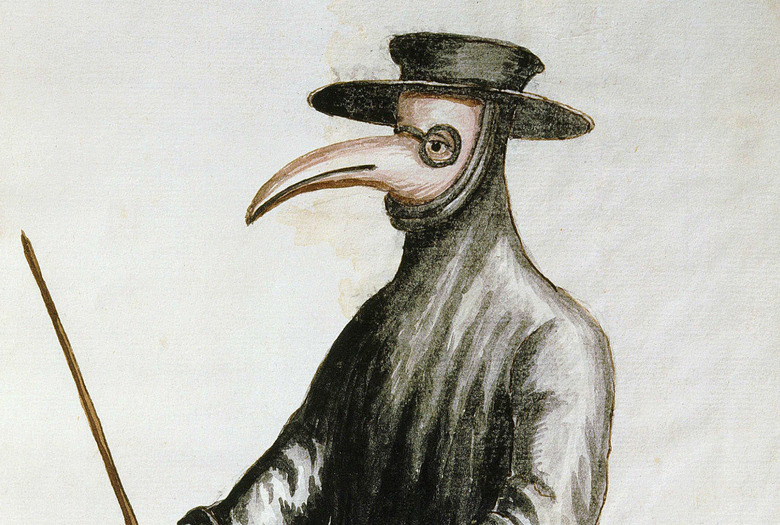The Worst Year To Be A Human On Earth Surprisingly Isn't 2018
If you take a look at recent events you might imagine that scientists searching for the worst year of human existence would have a hard time topping 2018. I mean, there are mass shootings every other day (and sometimes every day), wildfires destroying huge areas, hurricanes wiping communities off the map, and a planet that is slowly dying because we can't stop messing stuff up.
And that's just the United States. Elsewhere there's drought, famine, disease, and never-ending conflicts.
Humans are just a mess right now, but a new study by researchers at the University of Maine and University of Nottingham have determined that the worst year to be a human isn't 2018. It was the year 536.
A pair of studies published in the journal Antiquity, paint a dire picture of life for humans starting in AD 536. It was then that a combination of events began to shape some of mankind's darkest days, starting with what is known as the "dust veil event" which blanketed much of the Northern Hemisphere in volcanic ash from a massive eruption. Temperatures plummeted, crops rapidly died off, and human progress hit a brick wall.
As if this weren't enough, Europe was then hit with an outbreak of bubonic plague which dragged on for several decades. During this extended pandemic it is estimated that up to one-quarter of the entire human population of Earth was wiped out. The 'Black Death' continued to flare up for centuries, taking out huge chunks of the population.
These dire events, combined with readings of ice samples that show the smelting of precious metals took a century-long dip during this time period, led the researchers to conclude that mankind was essentially in a standstill while it tried to recover.
This generations-long downturn meant that if you were alive in AD 536 you would likely die in a world that was significantly more harsh than you had ever seen. If you were born in the years immediately following these events, you were forced to roll the dice and there was a good chance you wouldn't make it.
Humans as a whole did, of course, make it. We survived incredible hardships and that's why we're still here today. The Earth, on the other hand, may have preferred that we didn't.
